The year 2025 marks a significant milestone for many Pennsylvanians, especially seniors and low-income families, as the state rolls out an enhanced Property Tax/Rent Rebate Program. These changes are set to provide much-needed financial relief and stability amid rising living costs, housing market shifts, and ongoing economic uncertainty. This comprehensive guide delves deep into the intricacies of the 2025 property tax and rent relief boost in Pennsylvania: who qualifies, the size of the benefits, the application process, and the broader impact on communities.
Understanding the Property Tax/Rent Rebate Program
Pennsylvania’s Property Tax/Rent Rebate Program has long served as a vital support mechanism for eligible seniors, widows and widowers, and residents with disabilities. Initiated decades ago, its objective is to help vulnerable populations cope with the burden of property taxes or rent, which can consume a significant portion of their fixed or lower incomes.
Until recently, the rebate program had strict income limits and relatively modest rebate amounts. For many, the rising cost of living had outpaced the incremental relief offered by the original program. Recognizing these realities, state lawmakers initiated sweeping reforms — resulting in the boost enacted for 2025.
The 2025 Boost: What’s Changed?
In a landmark move, Pennsylvania has implemented considerable increases in both the maximum rebate amount and the income eligibility thresholds for the program. The changes come after years of advocacy and underline the state’s commitment to helping seniors and low-income citizens maintain their homes and financial dignity.
Key Reforms in the 2025 Property Tax Relief
-
The income limits for qualifying homeowners and renters have been significantly raised, allowing tens of thousands of additional residents to become eligible for aid.
-
The maximum rebate amounts available to both homeowners and renters have increased, directly enhancing the cash support recipients receive annually.
-
Adjustments have been made to ensure the program keeps up with inflation and rising housing costs in the coming years.
These changes not only broaden accessibility but also inject real dollars back into local economies by giving the most financially vulnerable residents greater spending flexibility.
Who Benefits: Eligibility Criteria Explained
The program primarily benefits the following groups:
-
Pennsylvanians aged 65 and older
-
Widows and widowers aged 50 and older
-
Individuals with disabilities aged 18 and above
Both homeowners and renters may qualify. The expanded 2025 income limits have made it easier than ever for families and individuals struggling with high living costs to access relief.
Income Thresholds and Rebates at a Glance
2025 Eligibility and Maximum Rebates
| Category | Income Limit | Maximum Rebate |
|---|---|---|
| Homeowners (65+) | $60,000 | $1,000 |
| Renters (65+) | $60,000 | $650 |
| Widows/Widowers (50+) | $60,000 | $1,000 |
| Individuals with Disabilities | $60,000 | $1,000 |
This table outlines the expanded eligibility and rebate caps now effective in 2025.
Special Provisions
Some areas, such as Philadelphia, Pittsburgh, and Scranton, may qualify for supplemental rebates for homeowners with especially high property tax burdens relative to their income.
Application Process: How to Get Relief
Navigating government programs can feel daunting, but Pennsylvania has streamlined the application process to better serve its residents. Here’s what applicants need to know:
-
Applications for the 2025 rebate can be filed online or downloaded from the Pennsylvania Department of Revenue’s website.
-
Assistance is available both online and through local resource offices to help applicants gather documentation and submit forms successfully.
-
The 2025 application cycle opens in January and runs through mid-June, aligning with property tax season and the fiscal year.
-
Most applicants receive their rebates within eight weeks of submission if filed electronically; mailed applications may take longer to process.
-
Direct deposit options are available, ensuring quick access to funds.
The Big Picture: Why This Relief Matters
Housing affordability remains one of the most pressing issues for fixed-income and vulnerable populations. According to state data, a rising share of seniors spend over 30% of their income on housing, pushing many to the brink of instability. By strengthening the Property Tax/Rent Rebate Program, Pennsylvania aims to reverse this trend.
Key Facts on Housing and Financial Burden
-
A significant number of households eligible under the new guidelines dedicate a large share of their monthly income to housing costs.
-
Surveys indicate a decrease in late rent and mortgage payments among rebate recipients, lowering eviction and foreclosure risks.
-
The state’s aging population is projected to increase, making ongoing support programs more essential.
Beyond Dollars: Emotional and Community Impact
While the financial benefits are clear, the relief program also delivers profound intangible rewards:
-
Peace of Mind: Seniors no longer fear losing their lifelong homes because of property tax hikes.
-
Enhanced Stability: Families with disabilities or health challenges can maintain consistent housing.
-
Neighborhood Resilience: Stable housing for longtime residents cultivates stronger, more connected communities and helps preserve local character.
Opportunities and Limitations: What Residents Should Know
The 2025 boost is a momentous step forward, but applicants should be mindful of a few caveats:
-
The actual rebate amount may be lower than the maximum, depending on income levels, rent, or property tax paid.
-
Only taxes and rent paid on one’s primary residence in Pennsylvania are eligible.
-
Supplemental rebates for certain municipalities are contingent on additional criteria related to tax burden as a percentage of income.
-
Residents must reapply each year, as eligibility and financial circumstances may change.
Frequently Asked Questions
Can seniors apply if they receive Social Security or disability benefits?
Yes. The program is designed to supplement other sources of income, including Social Security, disability, or pension payments.
Do renters qualify the same as homeowners?
Renters can qualify if they meet the age or disability and income criteria. The maximum rebate for renters is slightly lower than for homeowners, but the process and eligibility requirements are otherwise similar.
Is the rebate considered taxable income?
Property Tax/Rent Rebates are not considered taxable income by either the state or federal government, ensuring that recipients retain the full financial benefit.
When will rebates be distributed in 2025?
Payments typically begin in early July and continue until all approved applications are processed. Those who opt for direct deposit may receive funds more quickly.
The Statewide Economic Ripple Effect
Property tax and rent relief do more than help individuals; they influence the entire economy. When seniors and lower-income households have greater purchasing power, local businesses benefit. Reduced housing insecurity lowers social service costs, freeing up public resources for other community programs.
In 2025, with the expanded eligibility, Pennsylvania expects a notable increase in the number of households benefiting from the program compared to prior years. This translates to tens of millions more injected directly into communities across the state.
Looking Ahead: The Future of Relief Initiatives
The 2025 boost isn’t the endpoint. State officials and advocacy groups continue to explore ways to further enhance support, including annual adjustments tied to inflation, targeted assistance in high-cost regions, and expanded outreach to ensure everyone entitled to relief receives it.
Migration trends, economic shifts, and aging demographics all play a role in shaping the direction of future property tax and rent relief policies. Lawmakers are committed to ongoing reviews and public input, ensuring that programs remain responsive and effective.
Tips for a Successful Application
-
Gather all necessary documents: proof of income, Social Security, tax returns, proof of rent or property tax paid.
-
File as early as possible; the state begins processing applications as soon as the filing period opens.
-
Use online tools and local government assistance offices to check application status or troubleshoot any issues.
-
Remember to reapply annually, as each year’s application covers the prior year’s taxes or rent.
-
If you miss the deadline, explore if late applications are accepted with valid reasons.
Success Stories: A Closer Look at Impact
Meet Jean, a 72-year-old widow in Harrisburg. Her pension and Social Security barely covered her monthly costs, and property taxes had slowly eroded her savings. In 2025, Jean became eligible for a $1,000 rebate, easing her financial burden and helping her stay in the home she’s loved for decades.
Or consider Thomas, a 63-year-old veteran with a disability living in Pittsburgh. Increased rent relief enabled him to afford critical home modifications, preserving his independence.
These stories, repeated in communities across Pennsylvania, underscore why the program’s expansion is cause for celebration.
Conclusion
The enhanced Property Tax/Rent Rebate Program in Pennsylvania for 2025 is more than a policy update — it’s a lifeline for seniors and low-income families. By raising income caps and boosting rebate amounts, the state reaffirms its commitment to supporting those most in need. These changes will not only keep vulnerable residents housed but strengthen local economies, foster community resilience, and offer peace of mind to thousands.
As the filing season begins, it’s vital for eligible Pennsylvanians, their families, and advocates to spread the word, assist with applications, and ensure that this landmark relief reaches every corner of the Commonwealth. By working together, Pennsylvania can continue to be a leader in protecting housing security for all.

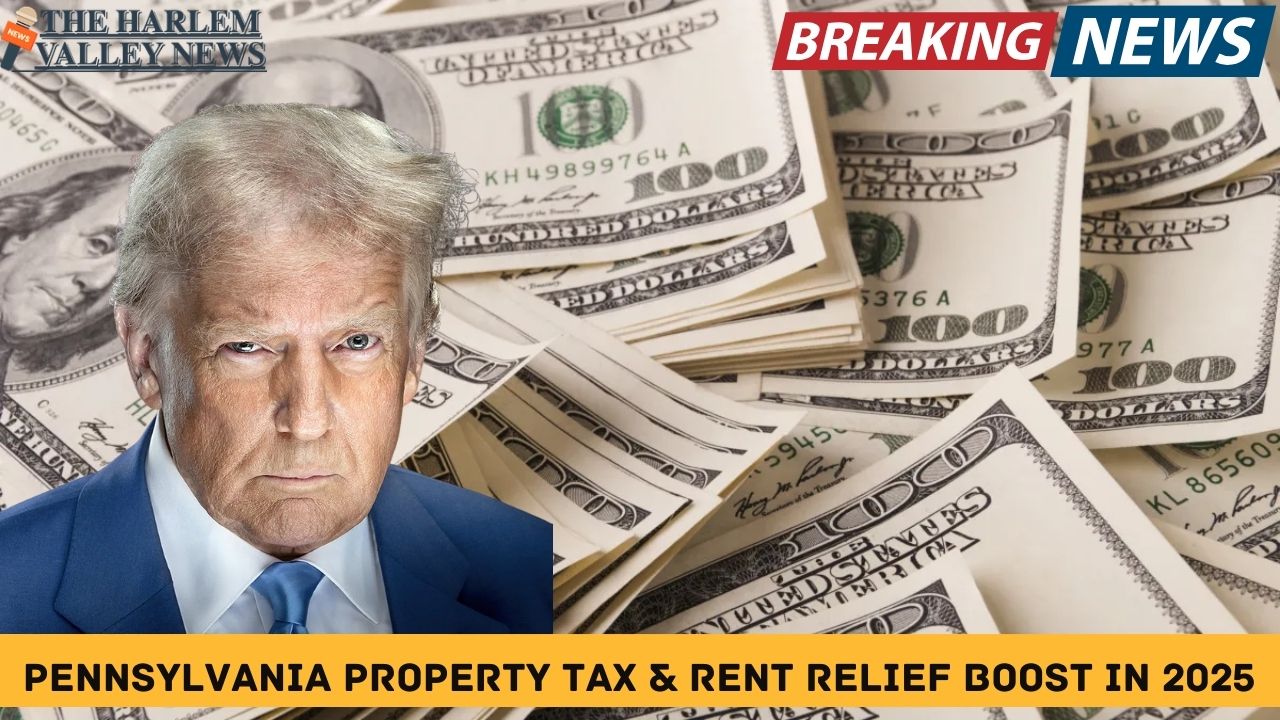


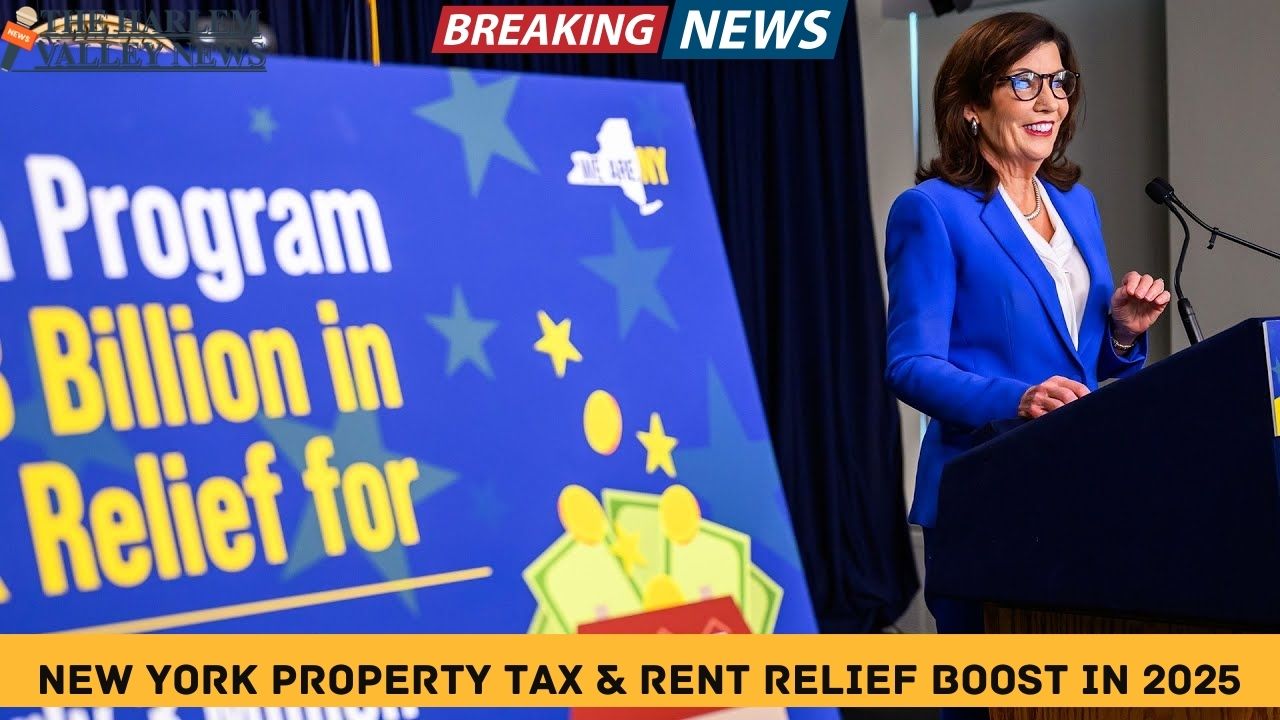
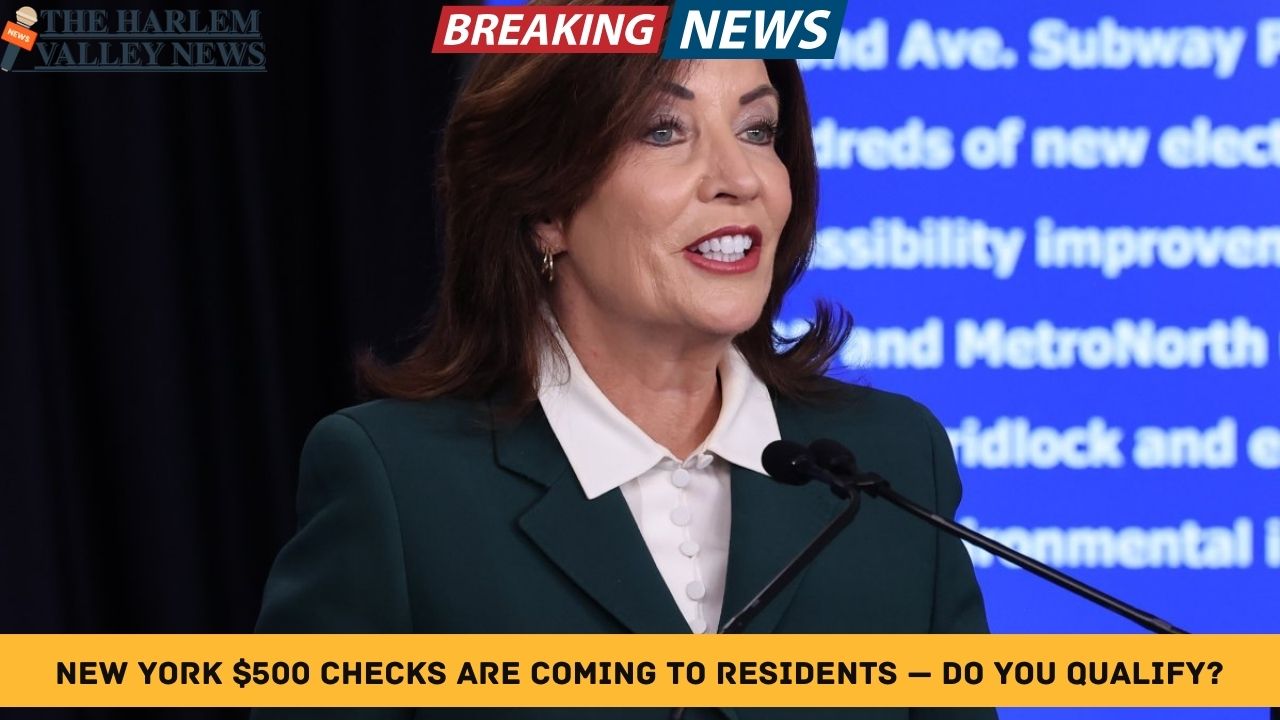


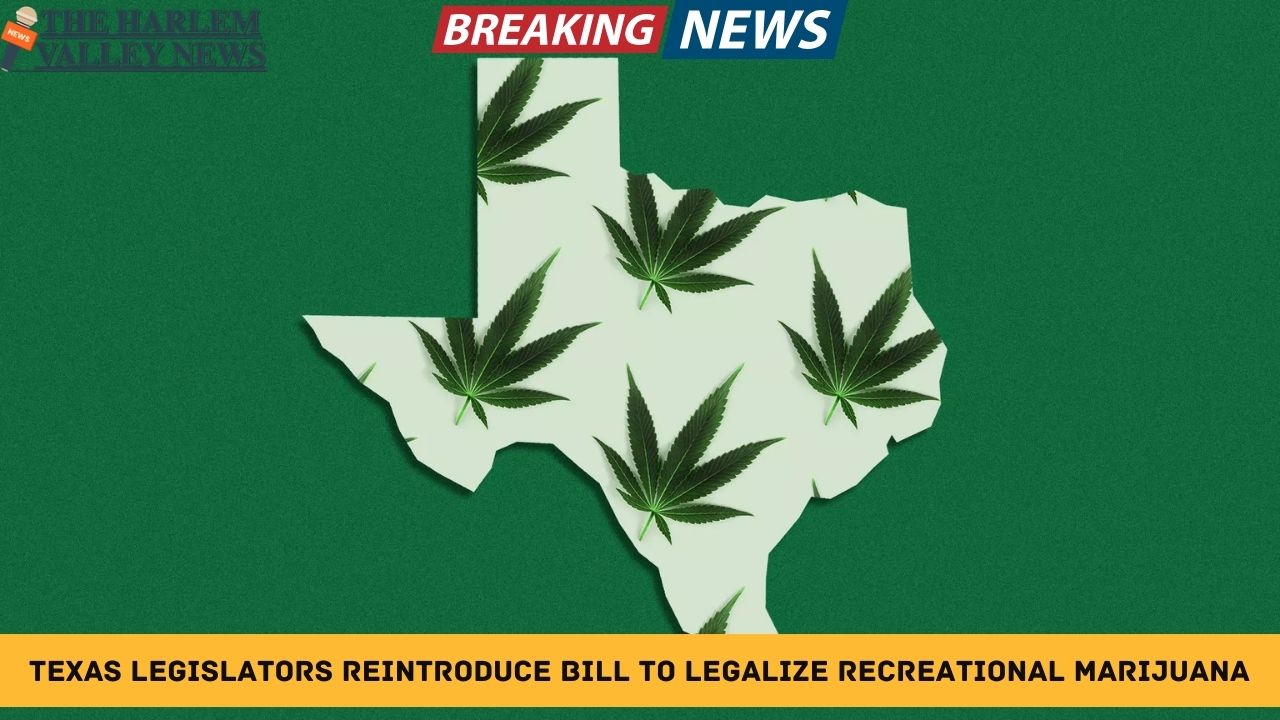
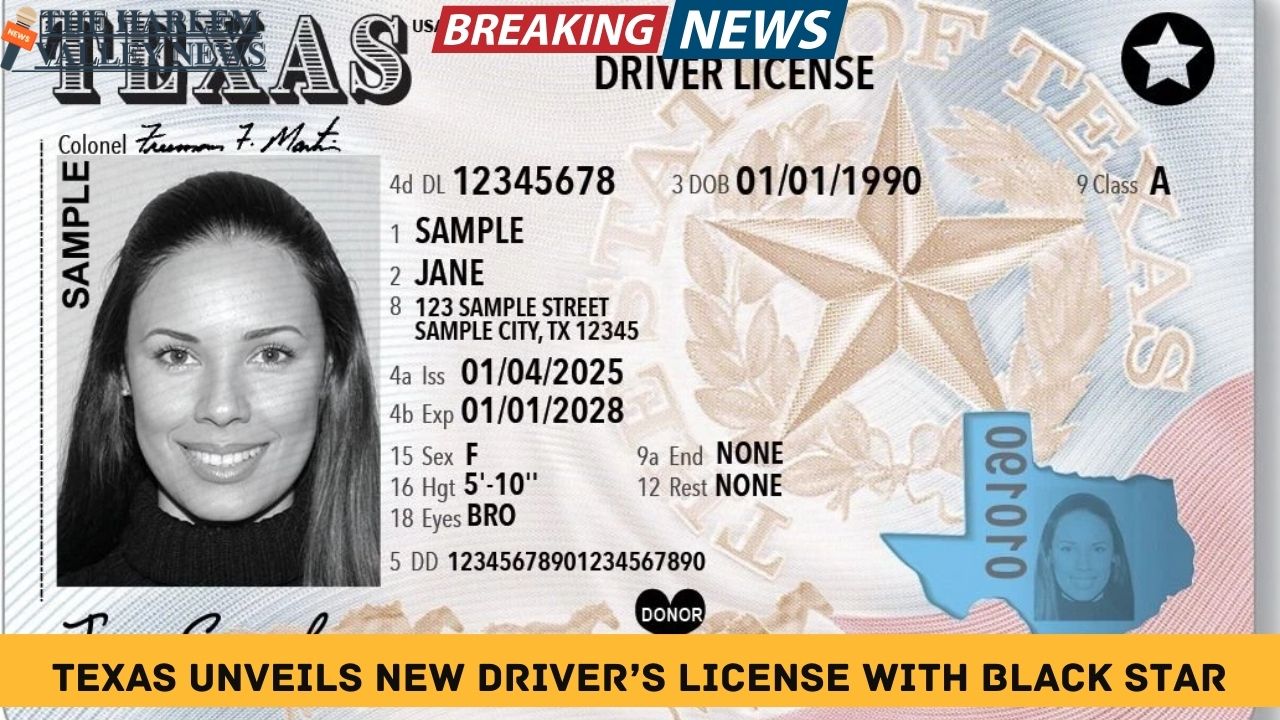

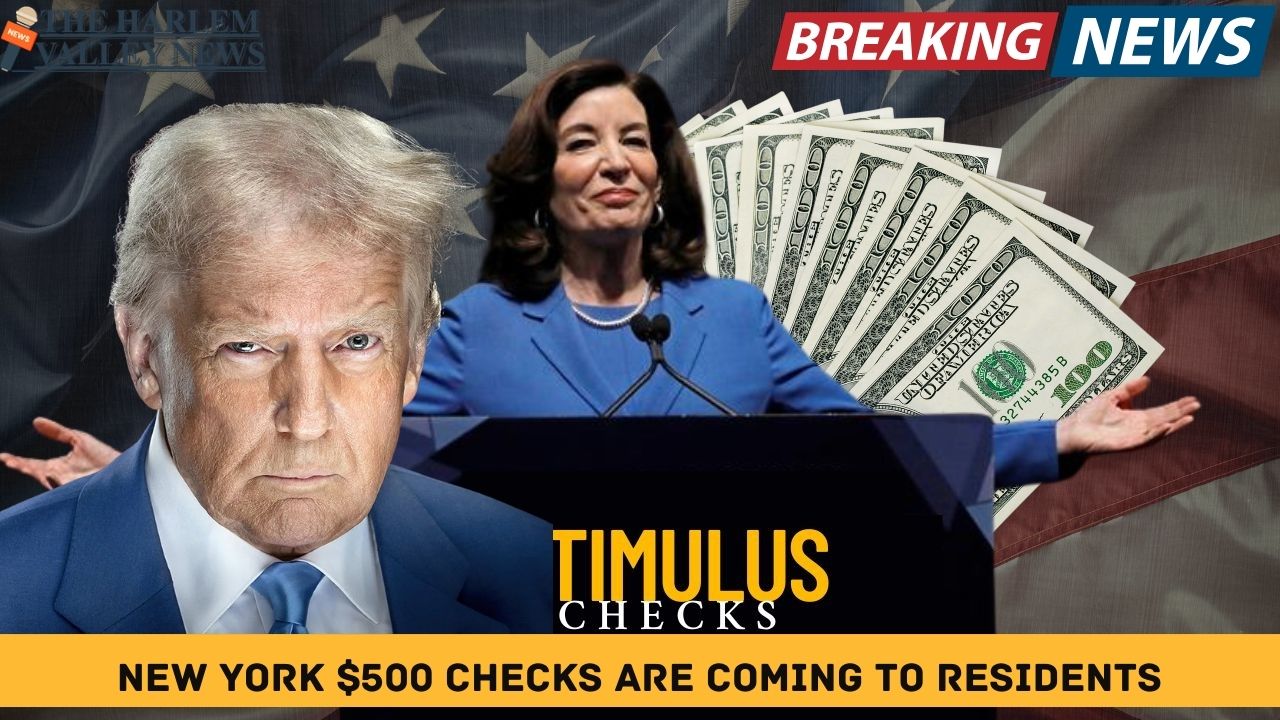
Leave a Reply